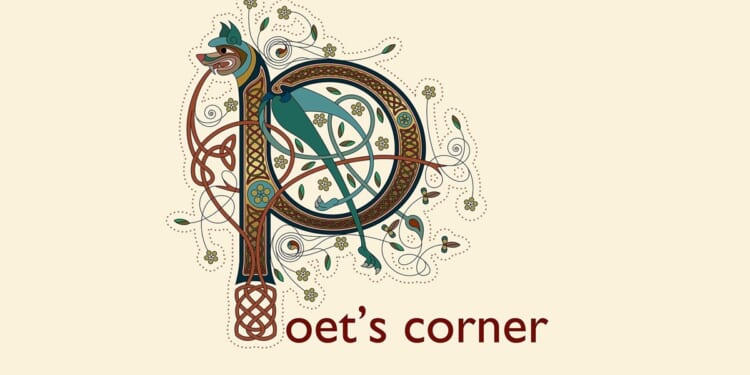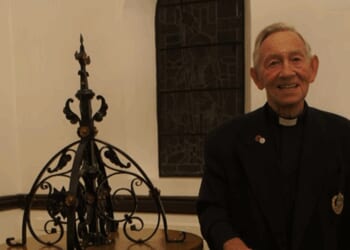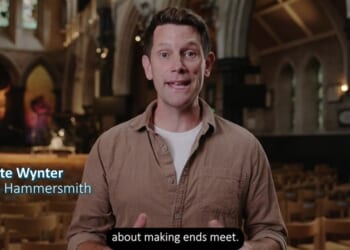I HAVE just returned from another September pilgrimage on St Aldhelm’s Way with my two oldest friends, and I find myself continuing to reflect on both the fissures and the continuities in the story of Christian faith in these islands. We did not a…
Source link
- Home
- Breaking News
- Malcolm Guite: Poet’s Corner
Malcolm Guite: Poet’s Corner
Related Posts
‘The most delightful private chapel in London’
WHEN Anne Dellows was six years old, she suffered burns to her feet. That…
UN at 80 needs ‘timeless compass’ of Christian values, Cardinal Nichols tells Westminster gathering
MULTILATERALISM is threatened by “nationalism and protective isolation”, the…
Pope Leo XIV’s character is starting to emerge
POPE LEO XIV has been hard to read. Pope Francis signalled his theology boldly,…
Biodiversity of Norfolk churchyards transformed through Community Payback scheme
CHURCHYARDS in Norfolk are being transformed through Community Payback, a…
Advent reflections: Hope, certainty, joy, courage
ADVENT is the season of promise and hope. The two concepts seem at first…
Church leaders condemn co-option of the cross in ‘Unite the Kingdom’ rallies
A GROWING number of church leaders have this week condemned the “misuse” of…
The Rt Revd Dr Gregor Duncan
The Bishop of Lichfield writes:THE Rt Revd Dr Gregor Duncan, who died on 21…
Lucy Worsley’s Victorian Murder Club and Grantchester
LUCY WORSLEY’s Victorian Murder Club (BBC1, 5 January) is a new three-part…
Church of England shrinks again, Statistics for Mission reports
DESPITE polling heralded as revealing a “quiet revival”, the Church of England…
Read all of the report, not just the meatiest parts
EVERYTHING whirls so fast in the news these days that you have probably…

















